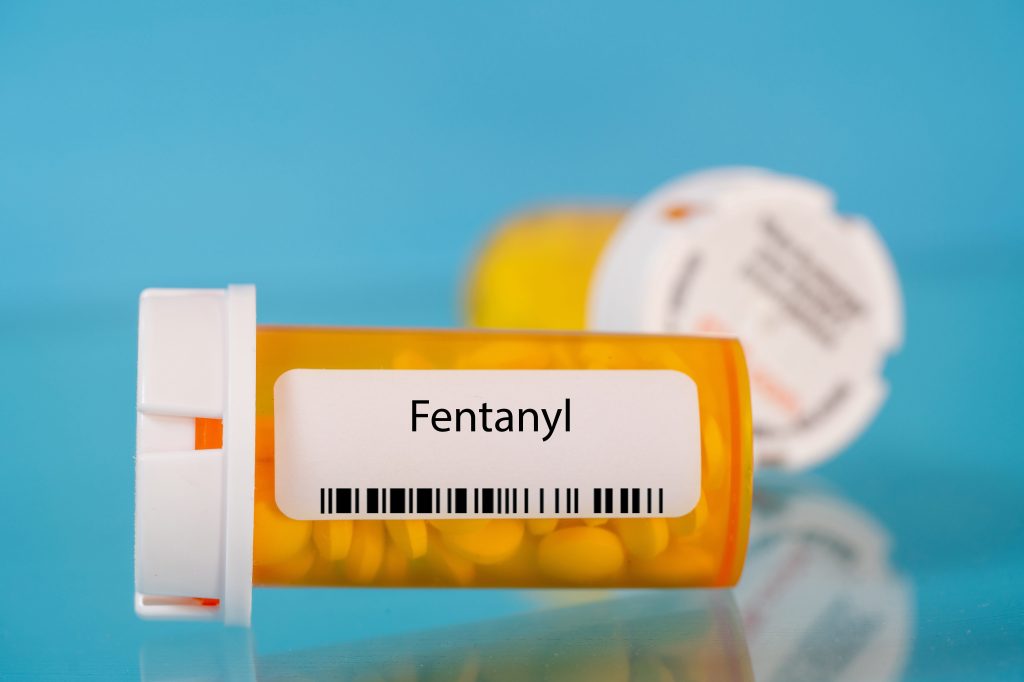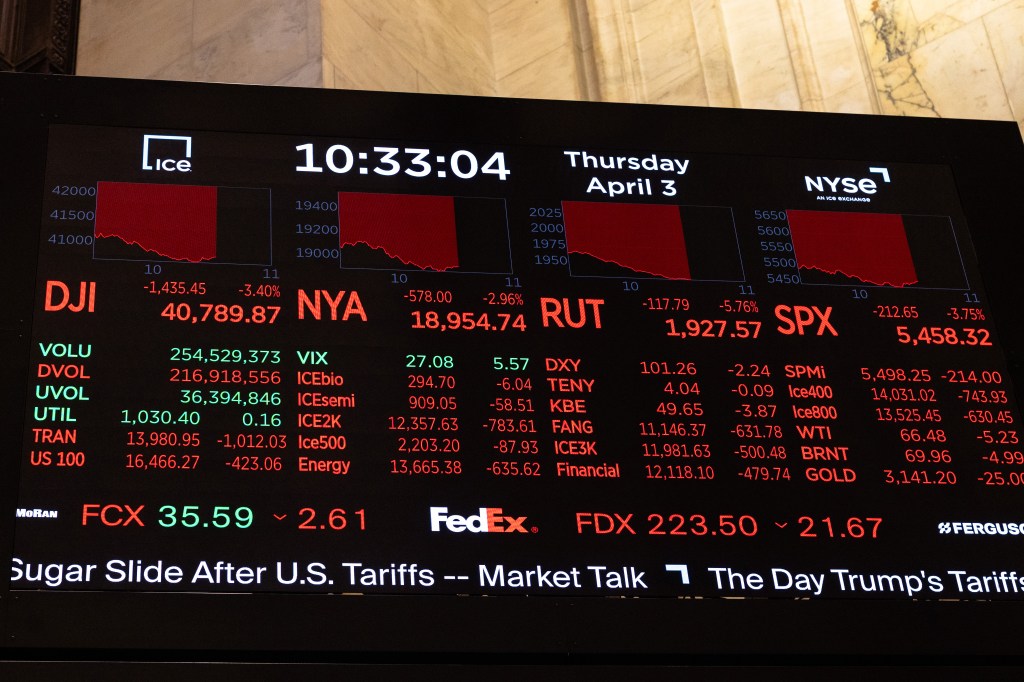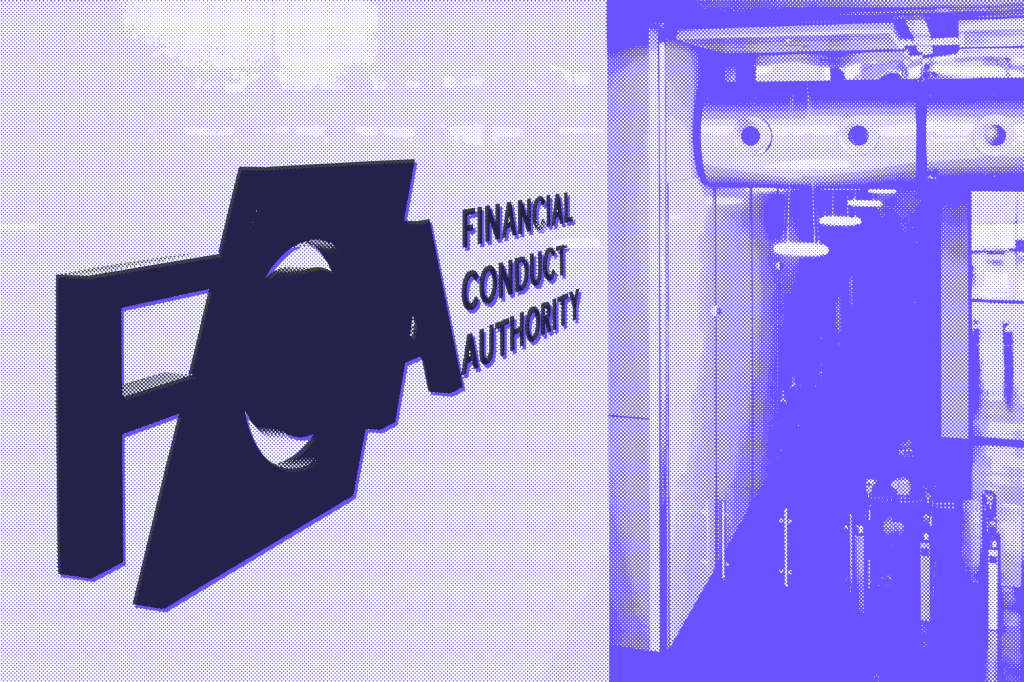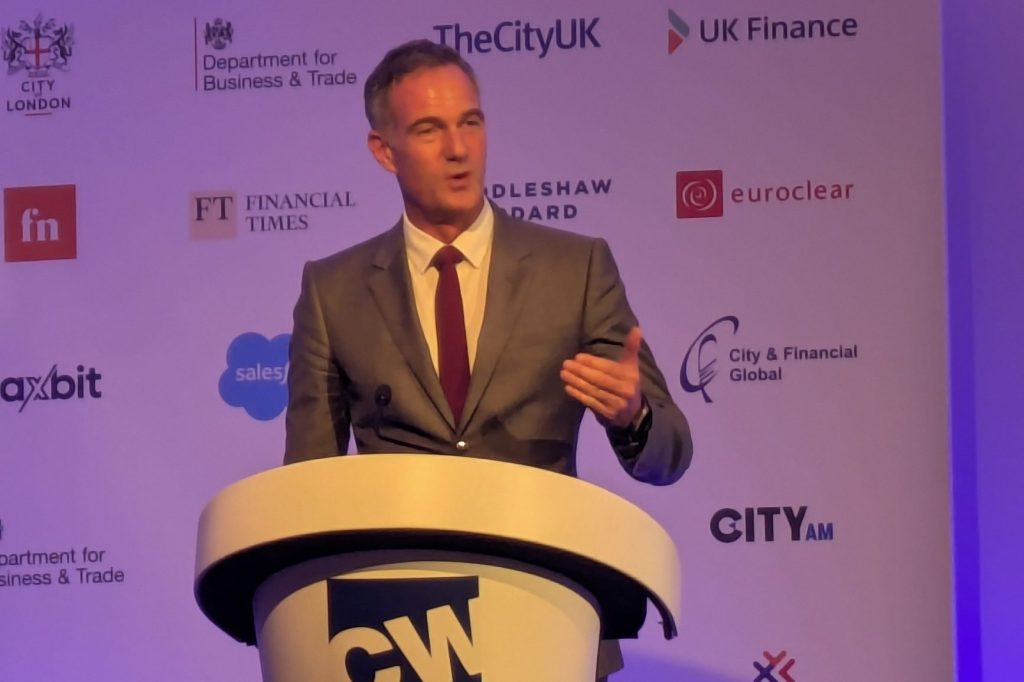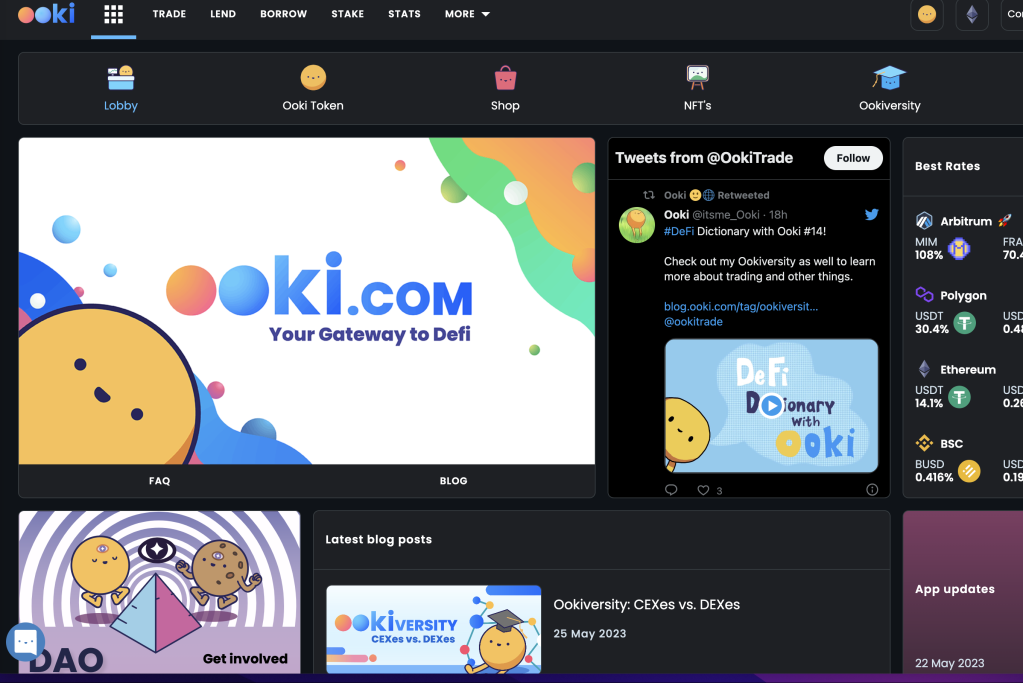Ooki DAO must pay a $643,000 fine and shut down operations after a US judge ruled in favor of the Commodity Futures Trading Commission (CFTC) in a precedent-setting decision that has implications for the regulation and oversight of decentralized autonomous organizations, or DAOs.
In a press release, the CFTC hailed the victory as “a precedent-setting decision,” with the court declaring that the Ooki DAO is a “person” under the Commodity Exchange Act and can thereby be held liable for law violations.
On Friday, federal district judge William H Orrick ordered Ooki DAO to shut down and pay a civil monetary penalty of $643,542, a judgment the commodities regulator described as a “sweeping victory” and one that proves DAOs can be held legally accountable.
Paired with another ruling by Judge Orrick in December, it suggests that regulators or private plaintiffs who wish to sue DAOs have a legal basis for doing so.
“The founders created the Ooki DAO with an evasive purpose, and with the explicit goal of operating an illegal trading platform without legal accountability.”
Ian McGinley, CFTC Division of Enforcement Director
What is less clear is how the judgment will enforced, namely the penalty. Collecting from a DOA whose members are often anonymous and whose business structure is informally organized may prove challenging.
The lawsuit and ruling
In addition to the monetary fine, Judge Orrick imposed permanent trading and registration bans and ordered the Ooki DAO, as well as any third party providing web-hosting or domain-name registration services, to shut down the Ooki DAO’s website and remove its content from the Internet.
Ooki DAO’s protocol operated on the Ethereum blockchain and allowed users to make investments and bet on the relative rise and fall of particular virtual currencies, according to the ruling. The CFTC alleged the protocol was functionally the same as using a trading platform and it qualified as an exchange under the Commodity Exchange Act.
The question of whether a decentralized organization and governance token holders can be held liable for the crimes of a few individuals within the organization was one issue within the CFTC’s case, which it originally brought in conjunction with its issuance of an administrative order against Ooki DAO’s predecessor, the limited liability company (LLC) called bZeroX, and its founders.
Leveraged and margined retail
The administrative order and the enforcement action accused bZeroX (and then Ooki DAO) of unlawfully offering leveraged and margined retail commodity transactions outside of a registered exchange and failing to comply with Bank Secrecy Act (BSA) obligations.
And the CFTC alleged in its lawsuit that the transfer of control from the LLC to the DAO was done specifically to insulate the DAO from regulatory oversight.
“The founders created the Ooki DAO with an evasive purpose, and with the explicit goal of operating an illegal trading platform without legal accountability,” said CFTC Division of Enforcement Director Ian McGinley after the court’s verdict was announced.
Crackdown on crypto
You would need to have been hibernating for the past 12 months to have not noticed a discernable enforcement spree by regulators against crypto businesses, especially by the SEC, which (along with the CFTC) charged Sam Bankman-Fried with orchestrating a scheme to defraud equity investors in FTX Trading Ltd, the crypto trading platform of which he was the CEO and co-founder.
In March, the SEC announced charges against crypto asset entrepreneur Justin Sun and three of his wholly-owned companies, Tron Foundation Limited, BitTorrent Foundation Ltd, and Rainberry Inc (formerly BitTorrent), for the unregistered offer and sale of crypto asset securities, for fraudulently manipulating the secondary market for TRX through extensive wash trading, and for orchestrating a scheme to pay celebrities to tout TRX and BTT without disclosing their compensation.
And this month, the agency brought lawsuits against Binance (the largest cryptocurrency exchange) and Coinbase (the largest US-based crypto exchange) for failing to register their trading platforms with the SEC and thereby operating illegal trading operations in the United States.
Regulatory risk and DeFi
Their many legal issues aside, Coinbase and Binance ran centralized exchanges; however, decentralized finance (DeFi) protocols, like the one used by Ooki DAO, are designed to be autonomous and controlled only through a majority vote of members.
There is currently no generally accepted definition of DeFi, even among industry participants, or of what characteristics would make a product, service, arrangement or activity “decentralized.”
The term broadly refers to virtual asset protocols and services that purport to allow for some form of automated peer-to-peer transactions, often through the use of self-executing code known as “smart contracts” based on blockchain technology.
In April, the US Treasury Department issued a Risk Assessment on DeFi, signaling its concern that DeFi entities are being used by bad actors to transfer and launder their illicit proceeds. To accomplish this, bad actors circumvent money laundering and terrorist financing laws and reporting obligations, the agency said.
“The BSA imposes such obligations on a wide range of financial institutions, and determining whether an entity, including purported DeFi services, is a covered financial institution will depend on specific facts and circumstances surrounding its financial activities,” the Treasury Department said.
Enforcing the judgment
It is unclear how the CFTC plans to enforce Orrick’s judgment. As the WSJ points out, no representative of the Ooki DAO ever appeared in court to answer the CFTC’s suit; just an assortment of DeFi advocacy groups submitted amicus briefs in its support.
Meanwhile, bZeroX and its two founders last year reached a settlement over charges separate from the ones the agency brought against the DAO.
The CFTC didn’t respond to the WSJ‘s inquiry on its plans, and as this article was published, the Ooki DAO website remains up, despite Orrick’s injunction, although it does say ‘trading is not allowed in my jurisdiction’.


